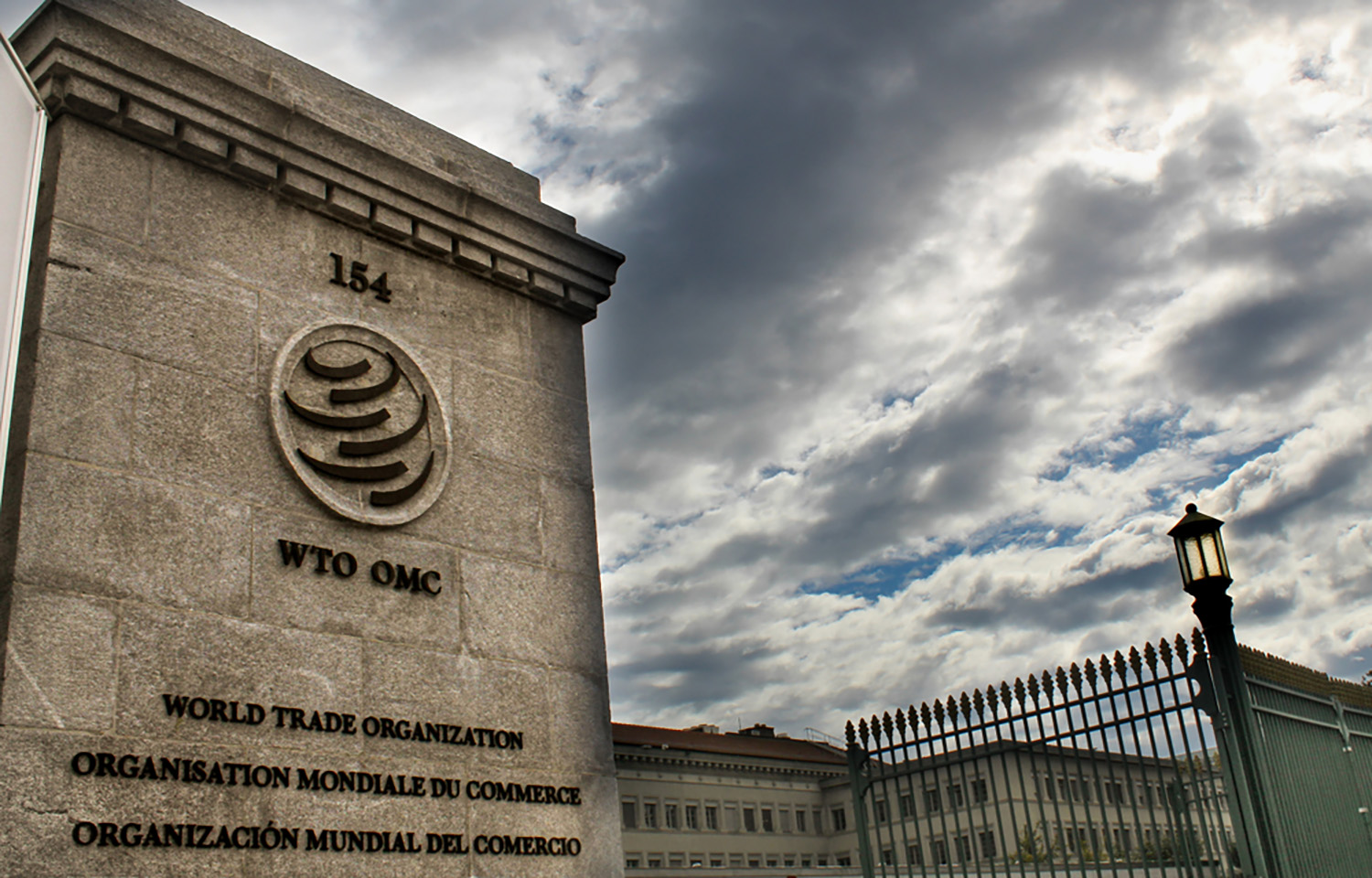World Trade Organization (WTO) negotiators pushing for a treaty to end harmful fishery subsidies around the globe are setting their sights the next WTO General Council meeting, set to begin 22 July.
Negotiators failed to reach an agreement at the WTO’s ministerial meeting in Abu Dhabi earlier this year, but on World Oceans Day on 6 June, the WTO released a video expressing optimism a deal might be reached during the July meeting.
“I absolutely believe this can be done as long as we find the political will,” Einar Gunnarsson, who has chaired the negotiations and is the Icelandic ambassador to the WTO, said in the video.
The negotiations seek to strengthen a WTO deal reached in 2022, which has yet to be ratified, by completely banning subsidies leading to overfishing and overcapacity in global fishing fleets. If approved, it would force major fishing powers like China, Russia, and the E.U. to disclose information to the WTO regarding the subsidies they pay out and details regarding their distant-water operations.
India is among a group of countries that opposed the draft deal up for debate in Abu Dhabi, claiming it was unfair to developing nations that had comparatively small fleets and, therefore, were not responsible for overfishing.
For India and others to get on board this July, Oceana Senior Director of Global Policy Philip Chou said WTO members need to collaborate more effectively.
“It’s important for key members like the E.U., U.S., China, and Brazil to speak with India now to overcome the obstructions that derailed the negotiations in Abu Dhabi,” he said.
With various parties seeking compromises on the draft agreement, Chou said the organization may need to pare down the draft that failed to pass in Abu Dhabi. However, for a draft to still be effective in its mission, Chou said it should at least retain a list of prohibited subsidies.
He also said WTO members should refrain from providing subsidies to distant-water fishing fleets unless they meet a sustainability test defined in the agreement.
“In other words, members must explain and demonstrate how measures will ensure a biologically sustainable level [of fishing] – to the extent possible this ‘refraining’ should not be watered down,” Chou said. “Outside of the agreement text itself, a country like China … should make a binding commitment not to avail itself to special and differential treatment [allowed to developing countries under the draft agreement].”
Ernesto Fernández Monge, a senior officer with The Pew Charitable Trusts, said the success of the talks hinges on balancing subsidy prohibitions with flexibilities granted to countries regarding opt-out clauses.
“There are not many issues left in the Abu Dhabi text to be finalized. One is the transition period for least-developed countries and developing countries not covered by the de minimis [level],” he said.
India has called for a 25-year transition period to the agreement’s mandates, and exemptions for countries that account for less than 0.8 percent of global marine capture by volume – a level Monge said should not be raised.
Monge said the other important issue centers around the characterization of artisanal or small-scale fishing in the draft text, as many countries without distant-water fleets want to continue to subsidize the sector, claiming it is an important economic pillar in rural areas, and that small-scale fishing doesn't result in overfishing.
“We understand that members already discussed some alternatives [to this issue] in Abu Dhabi, so they should be getting close,” Monge said. “We understand that there is a growing consensus around the Abu Dhabi text, but now is the time for members to push one another to join that consensus and get the deal over the finish line this summer. The longer they wait, the more fishers are negatively impacted by subsidy-driven overfishing.”
In the event a deal isn’t reached this summer, there may be ...








